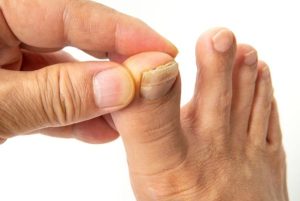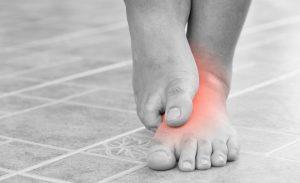

Your pelvic floor muscles may not be the first thing on your mind, but they play a crucial role in maintaining your overall health. These muscles provide support to your pelvic organs, including the bladder, uterus (in women), and rectum. When these muscles weaken, it can lead to a range of health problems. In this blog, we’ll explore some of the conditions associated with weak pelvic floor muscles.
Weak pelvic floor muscles can result in urinary incontinence, which is the unintentional leakage of urine. This can occur during activities like coughing, sneezing, laughing, or even while exercising. It’s a common issue, and it can significantly impact your quality of life.
Similar to urinary incontinence, weak pelvic floor muscles can also lead to fecal incontinence. This means you may experience uncontrolled bowel movements, which can be embarrassing and distressing.
Pelvic organ prolapse occurs when one or more pelvic organs, such as the bladder, uterus, or rectum, drop from their normal position and push against the vaginal walls. This can cause discomfort, pain, and a feeling of pressure in the pelvic area.
Weak pelvic floor muscles can contribute to sexual dysfunction, both in men and women. In women, it can lead to pain during intercourse, reduced sexual satisfaction, or difficulty reaching orgasm. In men, it may result in erectile dysfunction or premature ejaculation.
Your pelvic floor muscles are part of your core, and when they are weak, it can affect your overall core stability. This can lead to lower back pain and discomfort.
A weakened pelvic floor can make it challenging to empty the bowels effectively, leading to constipation. This can further strain the pelvic floor muscles, creating a cycle of issues.
Pelvic pain can result from the added strain on weak pelvic floor muscles. It can be persistent and affect your daily activities and comfort.
While it might seem contradictory, weak pelvic floor muscles can lead to an overactive bladder. When these muscles are unable to properly support the bladder, it may become more sensitive and trigger a strong urge to urinate.
Prevention and Treatment:
The good news is that weak pelvic floor muscles can be strengthened and improved with exercises known as Kegels. Regular Kegel exercises can help prevent and alleviate many of the conditions associated with pelvic floor weakness. If you’re experiencing significant issues, consult a healthcare professional for guidance and additional treatments like physical therapy.
In conclusion, your pelvic floor muscles are essential for maintaining your overall health and well-being. Weak pelvic floor muscles can lead to various conditions, but with proper care and exercises, you can prevent and manage these issues effectively. Don’t hesitate to seek advice from a healthcare provider if you’re experiencing symptoms related to weak pelvic floor muscles. Your health and comfort matter!






Stay informed on the newest treatments, technology, and exclusive offers. Subscribe to Ohr Medical’s newsletter with your email address and receive periodic updates without interruption.